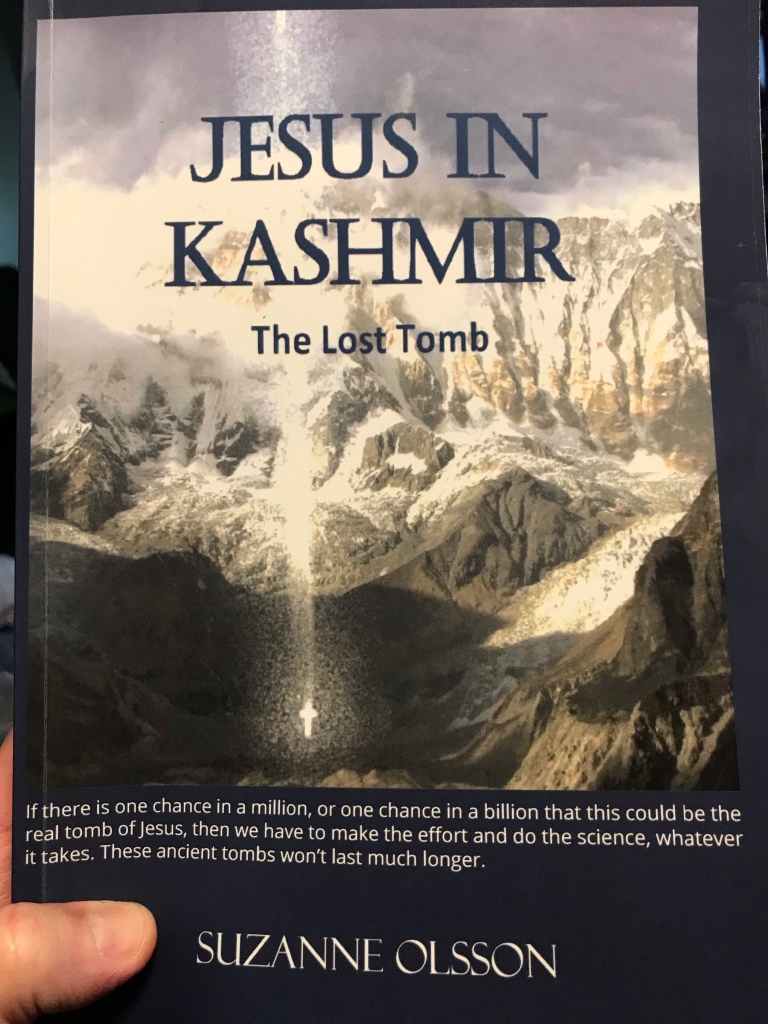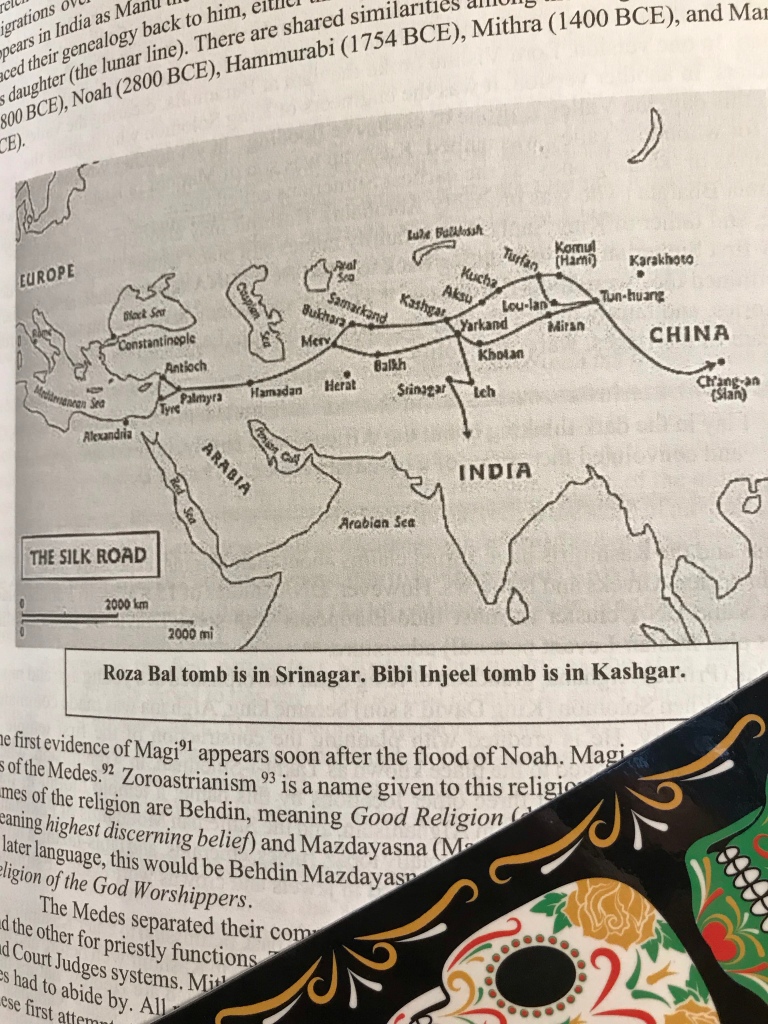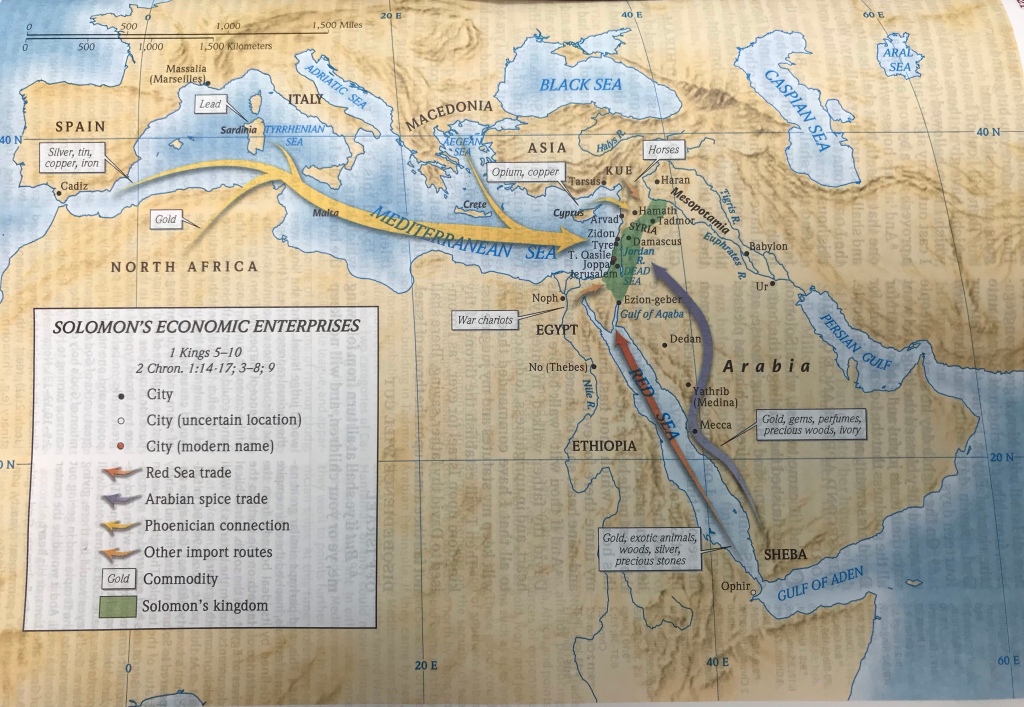I’ve never been much of a Jesus fan from the Bible. I like the character from the show Chosen, but the way Jesus has been portrayed everywhere else has always been to me, something more Eastern than Western. I love his dad, Yahweh. Now that guy I can understand, making a footstool out of your enemies, an eye for an eye, punishing entire nations. That is someone I can relate to. But his son is more like the spoiled second-generation kid of a cutting-edge self-starter. He might be a super nice guy, but I have always found the message of giving your enemy your cloak if they want to take your shirt personally revolting. Many people don’t like to talk about these things because religions have some strict rules on the matter, but I’m not much of a rule guy either. I understand law and order, but all too often, the rules are made by all the wrong people so that they can control their peers without the armed conflict of tradition. I love the Bible; I have read it thoroughly and still do. But I’m not sure that people understand what the Bible means and that honoring God means accepting those human mistakes. I certainly don’t believe that humans understand God perfectly and without flaws. Instead, I see that the Romans wanted to unite their empire and used the concept of Jesus, the scapegoat, to perform the task, and the world reacted with other religions, such as Islam. To this day, the conflicts in the region of the Near East are suspiciously occult-driven and hide behind a veil of religious belief that is keeping us in these modern times from knowing the whole truth and nothing but the facts. Something else I do love is the truth, not belief in how other people interpret it out of fear or anxiety over their afterlife.

Another thing I have never liked is the Led Zeppelin song, “Kashmir.” It’s not a bad song; I think it’s a fantastic one, but I have never liked it, and I hate watching people dance to it at rock concerts. It’s one of those personal revolting attributes of life that has existed since I was a little kid. I was reminded of this hatred while traveling recently in Japan, where I had just explained to people I thought the reach of King Solomon’s empire had a heavy influence on their early culture, with the many keyhole tombs that they call Kofun tombs that are all over the Osaka area, and elsewhere. I base that on several books about Solomon that never made it into the Bible’s final cut, so when you read about the reach of his empire, oddly, there is almost no mention of tapping into the East. I have a great map that I love out of my favorite Bible and I love it for all the things it doesn’t show. Remember, I always judge things not by what people tell me but by their actions, and in this case, that map shows more in what it doesn’t offer than in what it does. A person as influential as King Solomon would have been trading along the early version of the Silk Road, which extends from Europe, over the northern part of the Himalayas across China, down through Korea, and then into Japan. I propose that the cult of King Solomon found its way to early Japanese emperors.

Based on wide reading from many sources, the topic of Jesus being influenced by the Buddhist cultures of India and that of the Hindus and the Jains makes perfect sense. Where was Jesus from the Bible in those teenage and young adult years up until around age 29? Which, in those days, was a pretty mature adult. Then, suddenly, he shows up and starts teaching the people of Israel. I’ve heard the stories over many years that Jesus never actually died on the cross and that he had lived and died in Kashmir, which is in northern India, right in the middle of the hot zone for all modern political terrorism, surrounded by Pakistan, Afghanistan, China, Nepal with Iran and Iraq looming nearby. I have for most of my life also been a massive fan of Biblical Archaeology Review and can report a much more significant than average interest in the kinds of things that lots of outstanding and intelligent scientists have found digging in the dirt in the ancient Holy Land. It is rich and abundant, but nowhere near the effect it could have if there weren’t conflict in the region. And when it comes to the Old Silk Road, the entire span of it these days is wrapped up in political turmoil, I think on purpose, to keep investigations into the truth of the past from ever being revealed. Because a story isn’t being talked about, that should be.
As I returned from Japan in one of the many airports I had to travel through, a young lady who looked more Indian than Chinese sat by me with her headphones, listening to that Led Zepplin song. I could hear it clearly even though she was in her own little world. And I was thinking of the Silk Road. So I picked up a copy of Suzanne Olson’s book Jesus in Kashmir and read it, which confirmed a lot of what I had been thinking for a long time, and biologically, I think most of the world understands it too, which is why that Kashmir song was so popularly received and continues to be an icon of pulp culture. I tend to believe the stories that Jesus was either cut down or had stories by the Romans who made up his death for their convenience. Because there was no body, it was explained away as an ascension to heaven. They wanted to impress their Roman supervisors, so the regional overlords and the Jewish political influence wanted to let everyone know they got rid of the rebel Jesus from their society. And that Jesus escaped, injured, back to Kashmir, where he had spent much time as a youth, married there, and had many kids. And died a king, and the tomb is still there, hidden not by sight but by politics.

The way that Romans interpreted Christianity served their empire well and the church that would follow. Be like Jesus, sacrifice yourself to the state, and prepare yourself for the afterworld by being friendly, compliant, and much more like Gandhi than that radical warlord of a father, Yahweh. Even Jesus managed to put a soft edge on the plight of the Hebrew people, the descendants of Abraham who had been traveling to Kashmir for thousands of years. Moses, as does his brother Aaron, has a tomb in the Kashmir region. So does Mother Mary and other characters, including the remains of King Solomon. When you consider this Kashmir story suddenly, many mysteries of the Bible start making a lot more sense. But proper investigations into those mysteries are stifled because of the politics of modern warfare that keeps anybody from looking under the veil, as radical Islam seemingly keeps regional control on purpose. Which then, we are all reminded of this recent conflict with Israel. We are witnessing a shell game that takes place over most of the world to prevent people from learning the truth of their past and future. And much of that truth is hiding in plain sight, which we subconsciously understand, in songs like Led Zepplin’s “Kashmir.” But because we fear death at the hands of terrorists, death in the eternal fire of damnation, or the cry of public scrutiny because our quest falls outside the established religious parameters, we find ourselves prisoners to the obvious. And part of that obviousness is that Jesus lived and died in Kashmir. And the implications of that are jaw-dropping and necessary.
Rich Hoffman
